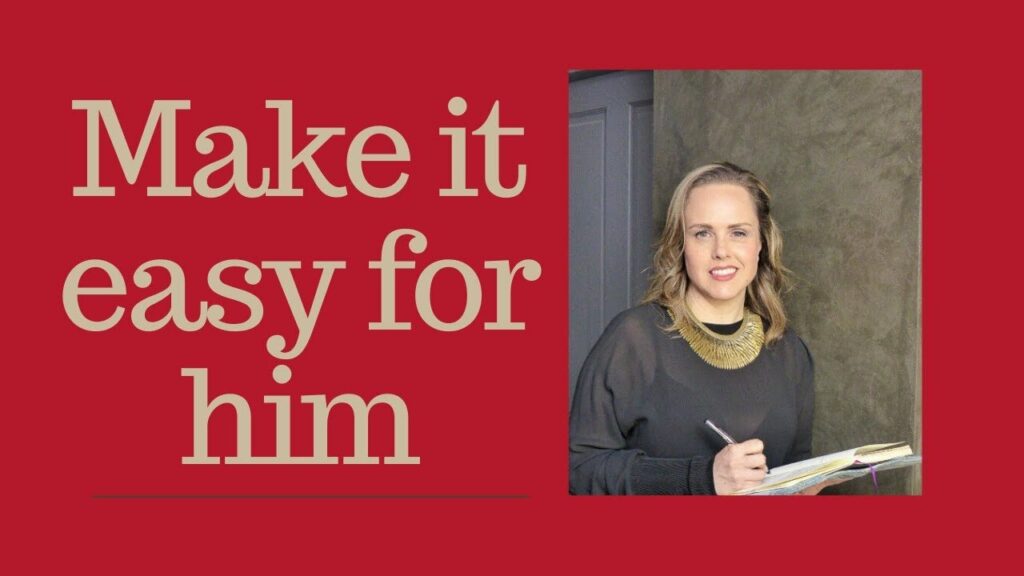A recent client, Veronika, came to our session feeling overwhelmed, and I noticed she was speaking even more quickly than normal. As we’d been working on leadership communication strategies, I noticed this immediately. Veronica had just come out of a meeting. She felt her team weren’t grasping things ‘quickly enough’ and that if they failed a task, she’d have to clean it up.
Veronika found out that a project had gone pear-shaped and far too late into the whole process for her liking. Which, as you can imagine, exacerbated her feeling that she was instrumental and needed at every turn!
The Burden of Being the ‘Do-er’ who fixes everything
This can create a huge amount of stress for everyone. It leaves others resentful of being pushed resulting in a rather passive aggressive response: ‘let her handle it’. After all, no one can do it as well as she can, right?
This is an issue some admit they also see in their home lives. We don’t fully trust or wait for their partners, when they exist to lift the load. This means getting this right has utility at home too, it goes beyond useful leadership communication strategies!
When we discussed it further, Veronika logically recognised she didn’t always have the right answers. But she laughed, explaining the pull to ‘fix things before they break’ was strong. So I asked Veronika: ‘What would it be like to enter a meeting and do nothing but ask questions?’
She looked at me curiously and said: ‘What would be the point?’ But as we spoke further, she realised that if she used just questions rather than contributions that come across as demands, she might get a bit further and stretch both her team and herself.
The directions she issued protected her from getting comfortable with ambiguity and uncertainty or mistakes being made – all part of a learning process. Yet these were skills she knew she’d need to develop if she wanted to progress.
The Power of Strategic Questioning as part of Leadership Communication Strategies
I encouraged her to experiment with this approach in a few upcoming meetings. I also advised her to use only open questions – those that start with a ‘Who, What, Why, When’ or the best one of all ‘How’. Closed questions start with ‘Do or Is’ and can be answered with a ‘yes’ or a ‘no’.
Veronika brainstormed with me the difference even these words can make, reflecting that ‘Where would you start on tackling this project?’ came across a lot less judgemental than ‘Do you know where to start with this project?’. She laughed as she predicted that more people would say ‘Yes’ to a question – even when they weren’t entirely sure.
Open Questions
- What do you think you should do first?
- Who might have faced this before, and so could help you?
- Where do you want to get the project to before we speak again?
- How long will that take?
Closed Questions
- Do you know what to do first?
- Does this sound straightforward enough?
- Are there any issues or barriers you might face?
- Is this all under control?
Veronika reflected on a time when that had happened in the past, but as we talked she could now see the other person’s ‘failure’ was likely due to the fact she’d asked only closed questions.
Veronika remembered she’d asked: ‘You know what you need to do next’ and ‘I assume you know who to talk to about this?
And the death knell ‘I’ll hear from you when you are ready for me to see something?’.
All three of those questions put the listener under a pressure to say ‘Yes’ at every query. Admittedly, the pressure felt by her subordinate may have been self-imposed, but as a manager it is still Veronika’s responsibility!
If the utility of different question types interests you check out Highly Effective Leadership Questions: Open-Ended vs. Closed-Ended
An insightful article discussing the impact of open-ended questions in leadership communication.
Read more
If you’d like to enjoy the peace of mind that my executive coaching clients enjoy, get in touch with me at for a free 45 minute discussion where we can discuss what you’d like to achieve.



